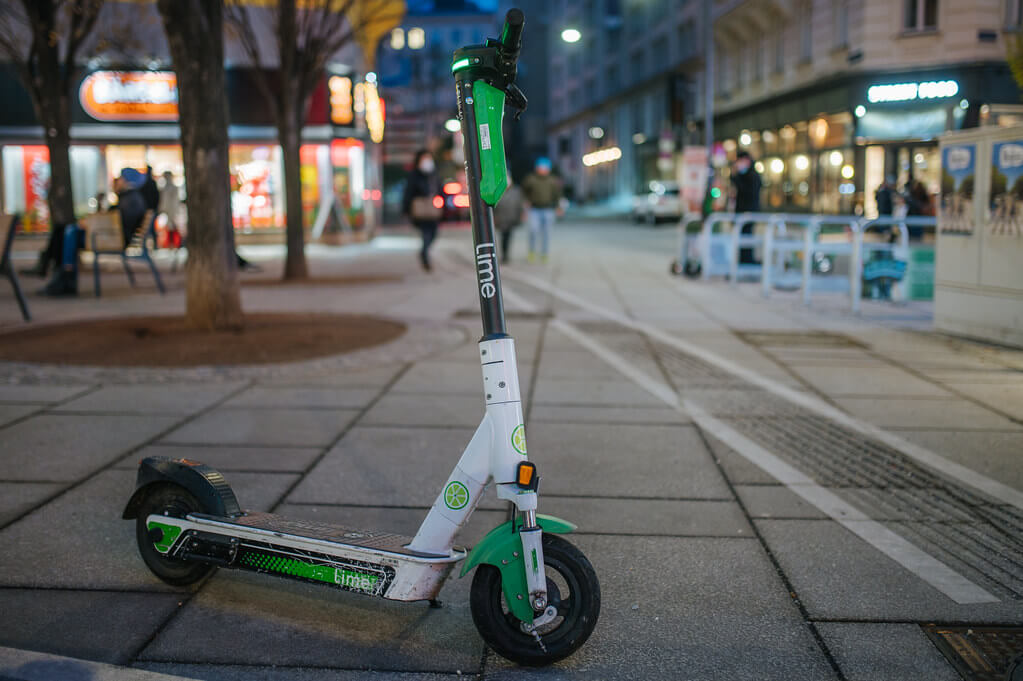A report released today calls on the government to legalise private and shared e-scooters.
The report, published by the Centre for London examines how ‘micromobility’ vehicles such as e-scooters and e-bikes could help to reduce car use, cut carbon emissions, and improve air quality.
Its recommendations include granting Transport for London the power to manage shared e-scooter schemes in the capital, ensuring all vehicles meet safety standards, and requiring operators to provide access to shared schemes in neighbourhoods with fewer public transport options.
It says two-thirds of car trips in London could be made by micromobility vehicles in 20 minutes or less, with most of these trips taking place in outer London where public transport options are more sparse.


Micromobility vehicles emit between 34 and 90 per cent fewer carbon emissions than private cars and do not produce harmful pollutants at the point of use.
The report says that private ownership and safe ridership of e-scooters should be legalised on roads, as well as shared e-scooter and e-bike schemes.
The report also makes clear that operators have a responsibility to make e-scooter and e-bike use safe for riders and pedestrians, including the enforcement of penalties and rewards such as price incentives to encourage safe riding and parking, as well as working with local authorities to deliver training to new riders.
It also notes that high upfront costs of e-bikes and e-scooters are a significant barrier to people living on low incomes – disproportionately Black and Asian Londoners, women, and young Londoners – from buying these vehicles and benefitting from any resulting cost savings of using them instead of a car. The report recommends that the government offers tax incentives and loans to anyone wanting to buy a micromobility vehicle, building on the ‘Cycle to Work’ scheme.
Josh Cottell, research manager at the Centre for London said: “E-scooter and e-bike use are on the rise, with more than four million trips were made on shared e-scooters in the first 11 months of UK trials while the number of e-bikes sold in the UK increased by 70 per cent between 2019 and 2020.
He argued: “The shift to these emerging vehicles is already happening but we need the government to catch up and introduce policies which encourage safe ridership of e-scooters and e-bikes on our streets and ensures anyone who wants to use these vehicles can do so.”
Earlier this year Matthew Scott, Kent’s police and crime commissioner, wrote to the Transport Secretary calling for electric scooter usage to be clamped down upon, arguing that: “Inconsiderate riders are becoming a menace on our roads and pavements, ignoring the law and causing dangers for other road users. We urgently need decisive action now on their future, as we’re in danger of losing control of the issue and placing additional burdens on policing.”
E-scooters can currently be used on roads, in cycle lanes and on cycle paths, but it is illegal to ride them on pavements. Privately owned e-scooters are only permitted to be ridden on private land; however, their widespread use is an increasing issue, with the Metropolitan Police stating that they had seized 507 private e-scooters over seven days in June.
The Department for Transport will assess whether to legalise all e-scooters early in 2022.









